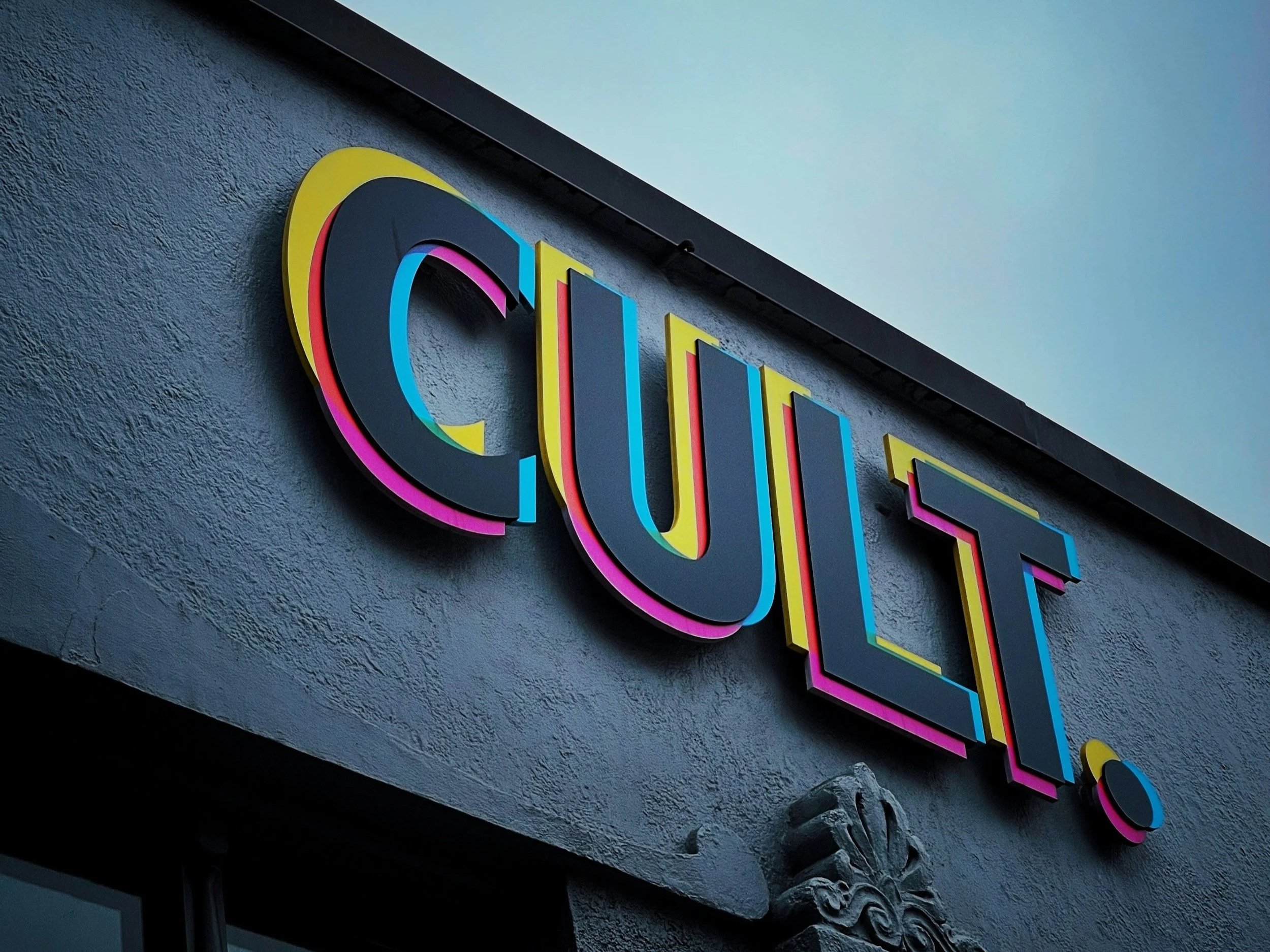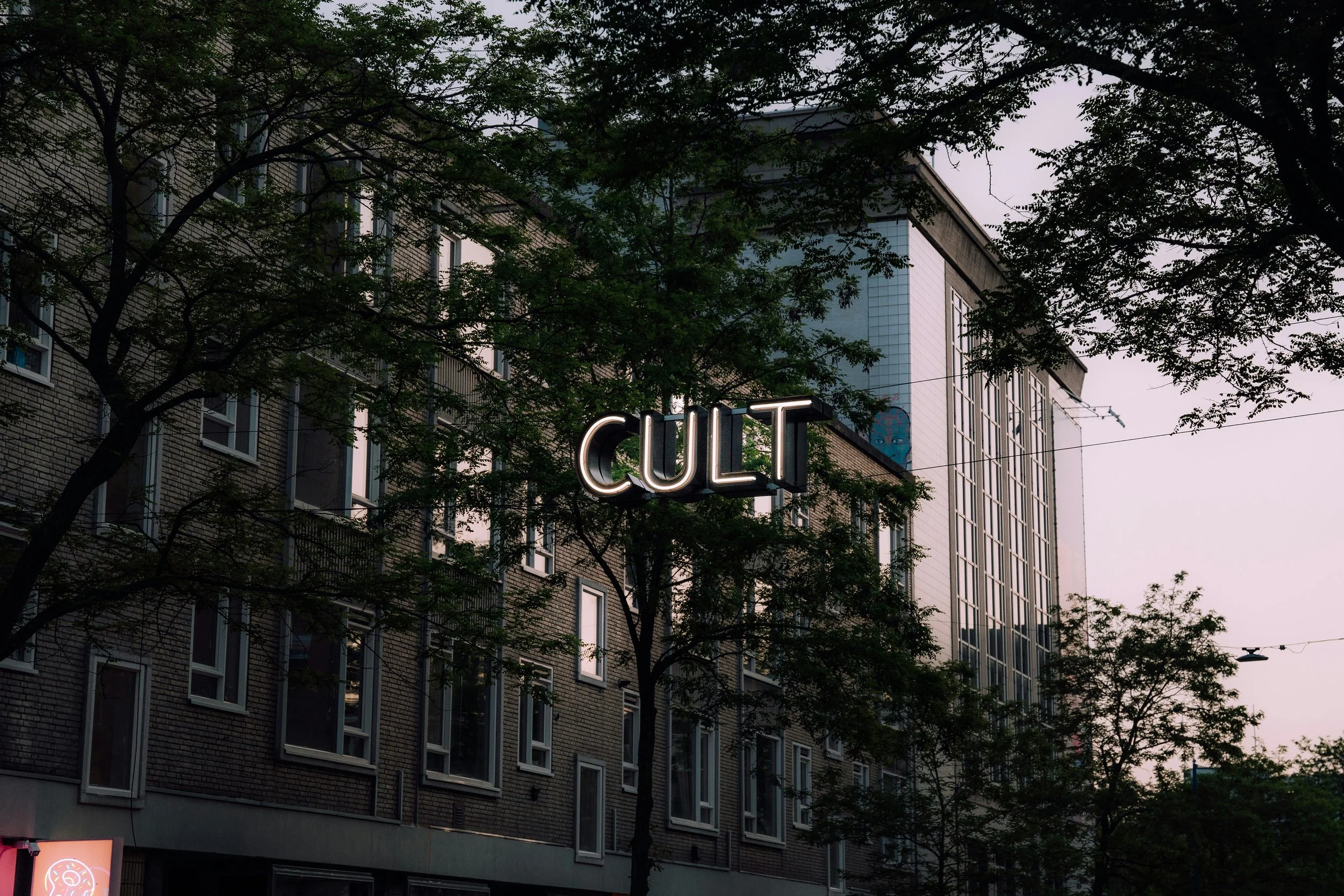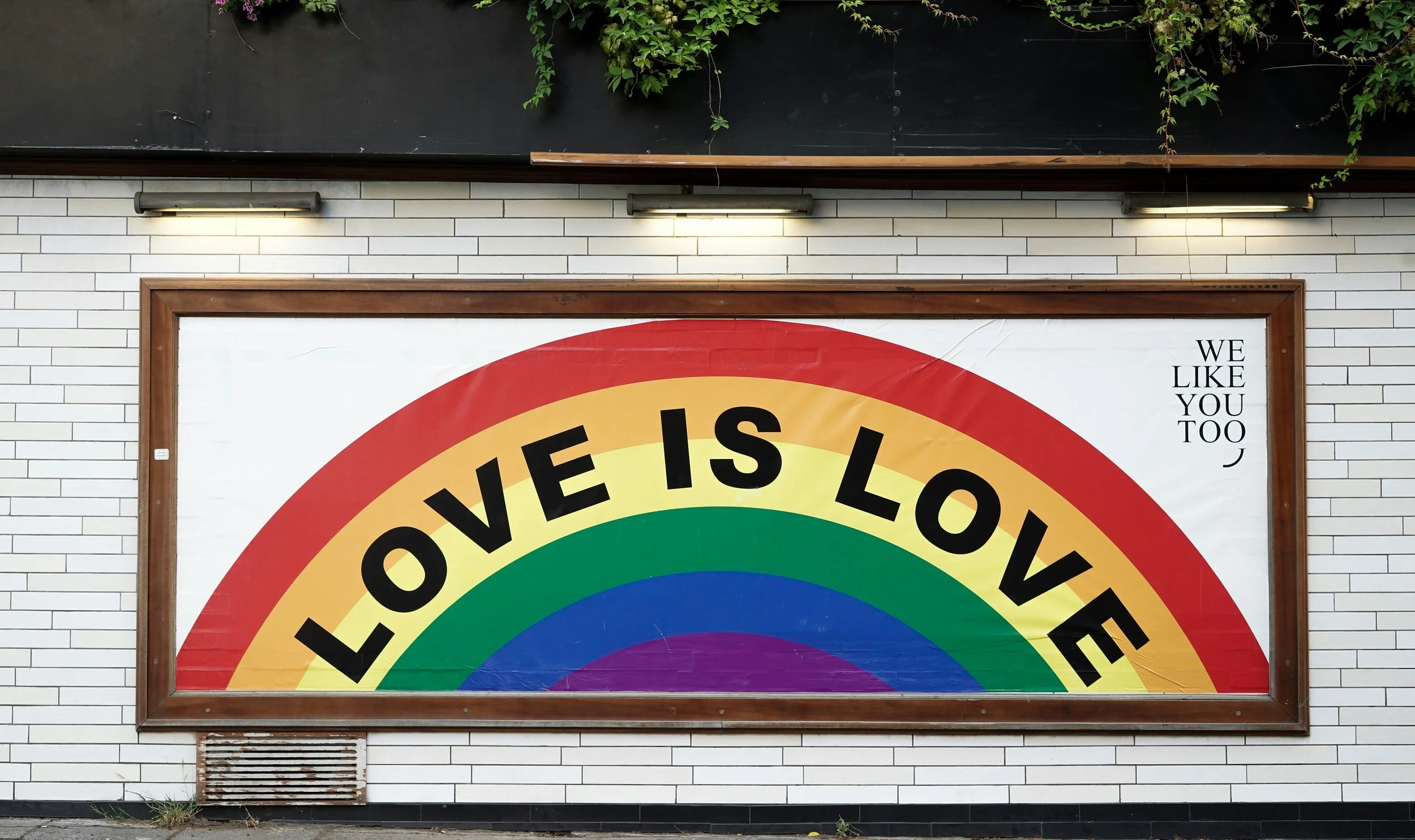
Finding Your Feet After Religious Trauma and High-Control Groups
Recovery from religious trauma often begins not with clarity, but with disorientation. For survivors of high-control faith environments, this unsettling middle ground is not failure, it is the first sign that safety is being rebuilt and control is loosening.

“It Wasn’t a Cult… Right?” Understanding High-Control Religious Systems
Many people leave religious spaces knowing something wasn’t right, but struggle to name what actually happened. This piece explores high-control religious systems, why harm can occur even in “normal” churches, and why you don’t need to call it a cult for your experience to be real or worthy of support.

When Faith Is No Longer a Shelter: Processing Distressing News Without God as a Comfort
When distressing news breaks, fear and grief can hit the body before the mind has time to make sense of it. For those who no longer have faith as a place of comfort, this can feel especially destabilising — not only reacting to what has happened, but grieving the loss of the shelter belief once provided. This piece offers ways to meet fear, collective grief, and overwhelm without returning to belief systems that no longer feel safe.

When Christmas Isn’t Merry: What This Season Brings Up for Survivors of Religious Trauma
Christmas can be heavy, confusing, or even painful for survivors of religious trauma. From sensory overload and sideways nostalgia to the loneliness of missing the Christmas you wished for, this post offers compassionate insight and practical ways to care for yourself without forcing festivity. Learn how to navigate the season with grounding, self-compassion, and permission to redefine what Christmas means to you.

Fear, Theology, and the Body: Understanding the Hidden Cost of Fear-Based Control
Fear-based religion doesn’t always look like fear at first. It looks like obedience, devotion, and holiness. But beneath the surface lies a nervous system shaped by constant threat, vigilance, and conditional belonging. This blog explores the hidden physiological and psychological cost of spiritual fear and how survivors can begin the slow, gentle work of teaching their bodies that safety, freedom, and joy are finally possible.

Fawning, Religious Trauma, and the Learned Habit of Staying Small
Fawning is the survival strategy that often hides in plain sight within religious trauma. It’s the learned habit of staying small to stay safe. In high-control faith environments, appeasement can look like holiness: over-serving, avoiding conflict, or silencing questions. Recovery begins when we recognise fawning not as goodness, but as a trauma response and start reclaiming the right to exist without apology.

When the World Feels Too Much: Learning When to Soothe and When to Scream
When the world feels unbearable, it’s easy to think you’re the problem for feeling too much. But what if your overwhelm is actually proof of your humanity? For survivors of religious trauma, learning to navigate global chaos means unlearning black-and-white thinking and finding the sweet spot between soothing and screaming. This blog explores how to hold nuance, build discernment, and honour both your empathy and your limits in a world that never seems to stop burning.

Doomscrolling, Flashbacks, and Old Voices: Triggers in an Overwhelming World
In an overwhelming world, survivors of religious trauma often feel hijacked by triggers - through doomscrolling, flashbacks, or the return of old voices. These reactions are not weakness but the body remembering. This blog explores how to respond differently: with grounding, boundaries, and compassion that create space to live beyond survival.

What a Time: Stillness in the Midst of Online Chaos
It feels like the online world is on fire. Rage-bait, endless outrage, and divisive voices can leave our nervous systems spinning. Even with careful boundaries, the pull is strong and exhausting. But there’s another way. By naming what we feel, grounding in our bodies, pausing before reacting, and letting community hold us, we can expand our capacity without being consumed.

Reclaiming Joy: Why Laughter and Pleasure Are Essential in Religious Trauma Recovery
Healing from religious trauma isn’t just about processing pain, it’s also about reclaiming joy. This blog explores how laughter, pleasure, and everyday moments of delight are vital for recovery, offering practical tips and encouragement to help survivors reconnect with their authentic selves.

Rebuilding Your Identity After Leaving a High-Control Group
When you leave a high-control group you're not just walking away from a belief system you’re stepping out of an identity that was shaped for you. That disorientation you feel isn’t a failure; it’s the beginning of something more honest. This blog explores six practical and compassionate steps for rebuilding your identity after religious trauma or spiritual abuse.

Kind, Smart, and Human: Understanding Cult Dynamics and Recovery
This blog explores how cults target basic human needs like belonging, purpose, and healing, often disguised as love or belonging. We unpack why kind, intelligent people get pulled into high-control religious systems, why having good memories doesn’t erase the harm, and what recovery really looks like after walking away. Whether you're deep in the fog or finding your footing again, this is your reminder: you weren’t weak. You were human. And recovery is possible.

Trauma, the Nervous System & Self-Compassion: A Gentle Guide for the Healing Journey
Trauma lives in the body but so does our capacity to heal. In this gentle and grounded blog, we explore how trauma impacts the nervous system, why regulation isn’t just about breathing exercises, and how self-compassion (even when it feels impossible) is a key part of the recovery journey. This offers education, reflection, and real-life ways to return to safety, one small, messy step at a time.

Cult Tactics: The Art of Recruitment and Retention
You didn’t wake up one day and decide to join a cult. That’s the deception! High-control groups don’t come wearing warning labels. They come cloaked in purpose, belonging, and divine destiny. In this raw and revealing blog, I unpack how recruitment into controlling systems isn’t random — it’s calculated. From childhood indoctrination and love bombing to spiritualised performance and fear-based loyalty, I share how these tactics quietly stole my autonomy and how I found my way back.

Pride as Sacred Resistance.
True inclusion goes beyond tolerance. It means actively creating spaces where LGBTQIA+ people feel seen, heard, and valued. For faith communities, this includes: Publicly affirming queer identities in leadership and teachings. Listening to and centring queer voices. Acknowledging and repenting of past harms. Supporting the mental health and wellbeing of LGBTQIA+ members.
Inclusion is not about compromising beliefs, it’s about embodying the core spiritual principle of love without conditions.

Pride Month - The Wholeness I Found Outside the Church
This reflective Pride Month blog explores the journey of leaving religion and discovering a deeper sense of belonging through queerness. It speaks to the grief, healing, and sacredness of reclaiming identity outside of shame-based faith systems. A gentle, powerful read for anyone navigating religious trauma and queer self-acceptance.

Holding Healing Space: Boundaries & Trust in Religious Trauma Work
Working with clients who’ve experienced religious trauma while carrying your own lived experience is both a powerful gift and a delicate responsibility. This blog explores how to hold sacred space with empathy and integrity, honouring boundaries, rebuilding trust, and making sure the work stays focused on your client’s healing, not your own.

Finding Safety Again: How Havening Supports Religious Trauma Recovery
When you’re healing from the impact of harm experienced in faith spaces, if you’ve been taught you can’t trust your emotions, and your body and desires are unsafe, Havening can support you as you reconnect to yourself.
Havening is a beautiful way home. It’s nurturing and restorative. It’s also been shown to increase emotional resilience and support sleep.
If you’re looking for someone to support you as you make sense of your experience, our Practitioner Registry includes professionals who are experienced in religious trauma recovery and list the therapeutic approaches they use, including Havening. You deserve to feel safe, seen, and supported.

Reclaiming (or Not) Easter: Resurrection, But Make It About You
Easter used to feel like a time to shrink myself—sacrifice, surrender, and somehow be grateful for it. These days, I’m choosing a different kind of resurrection. One that’s about coming back to myself. In this blog, I reflect on the complexities of Easter after leaving faith, and how we might reframe resurrection as a deeply personal act of reclaiming our voice, our joy, and the parts of us that were once lost or left behind. No pressure. Just permission.

When Easter Hurts
Easter can stir deep pain for survivors of religious trauma, often resurfacing old spiritual wounds. This reflection explores how fear-based theology, coercive messages, and self-abandonment shaped the Easter narrative for many, and invites survivors to reclaim the season with gentleness, autonomy, and authenticity.
